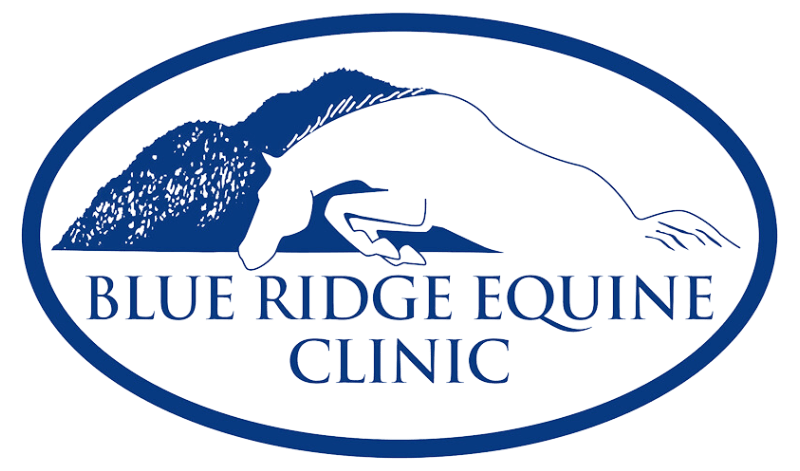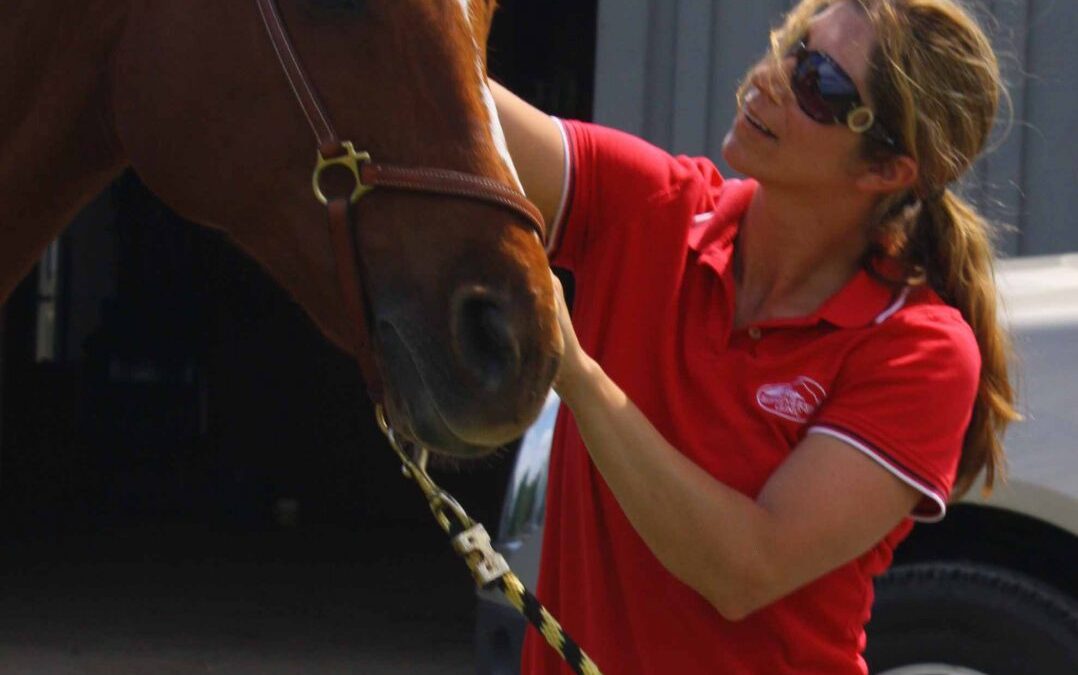Vaccinating Your Horse Yourself
First, the reasons for concern: vaccines obtained through retail channels may have suffered from improper temperature control or handling making them less effective or potentially harmful. Additionally, poor administration technique or timing may also decrease the effectiveness of the vaccine or cause significant reactions such as abscesses or anaphylaxis. These all lead to more complaints to the vaccine companies, which could result in losses for the vaccine manufacturer in the form of complications costs covered and more adverse drug reaction reports to the FDA. These same concerns exist for equine insurance companies and have led some insurance companies to stop covering medical expenses or mortality claims if a horse has a problem associated with vaccines administered by someone other than a veterinarian.
Now, for the advantages of having a veterinarian vaccinate your horse: your veterinarian is well-trained in the appropriate timing and technique for vaccinating your horse and has access to the latest information on the best vaccines to use and any emerging diseases that may need to be considered. If your horse does have a reaction, he or she is capable of responding and treating rapidly, especially in the case of anaphylaxis. Vaccine companies have stated that they will guarantee their vaccines and will reimburse expenses associated with any vaccine break or injection site complication, but only if the vaccine was given by a veterinarian. The wellness programs associated with other equine products also often require that a veterinarian administer vaccinations in order for reimbursement in the event that the horse is colic. Finally, many horse venues now require proof of vaccination from your veterinarian in order to compete.
As always, we are here to help and hope you will call us with any questions you may have.

